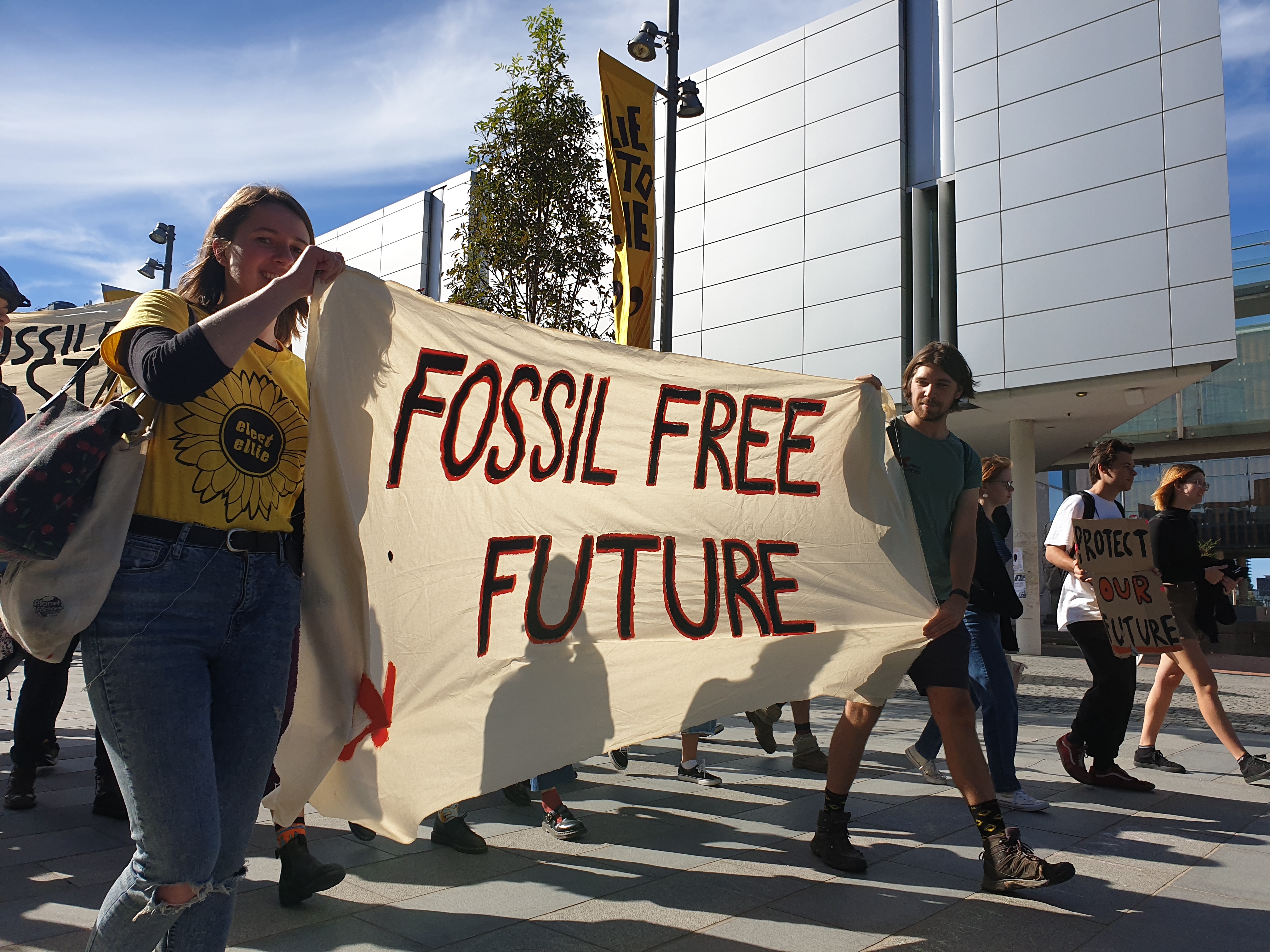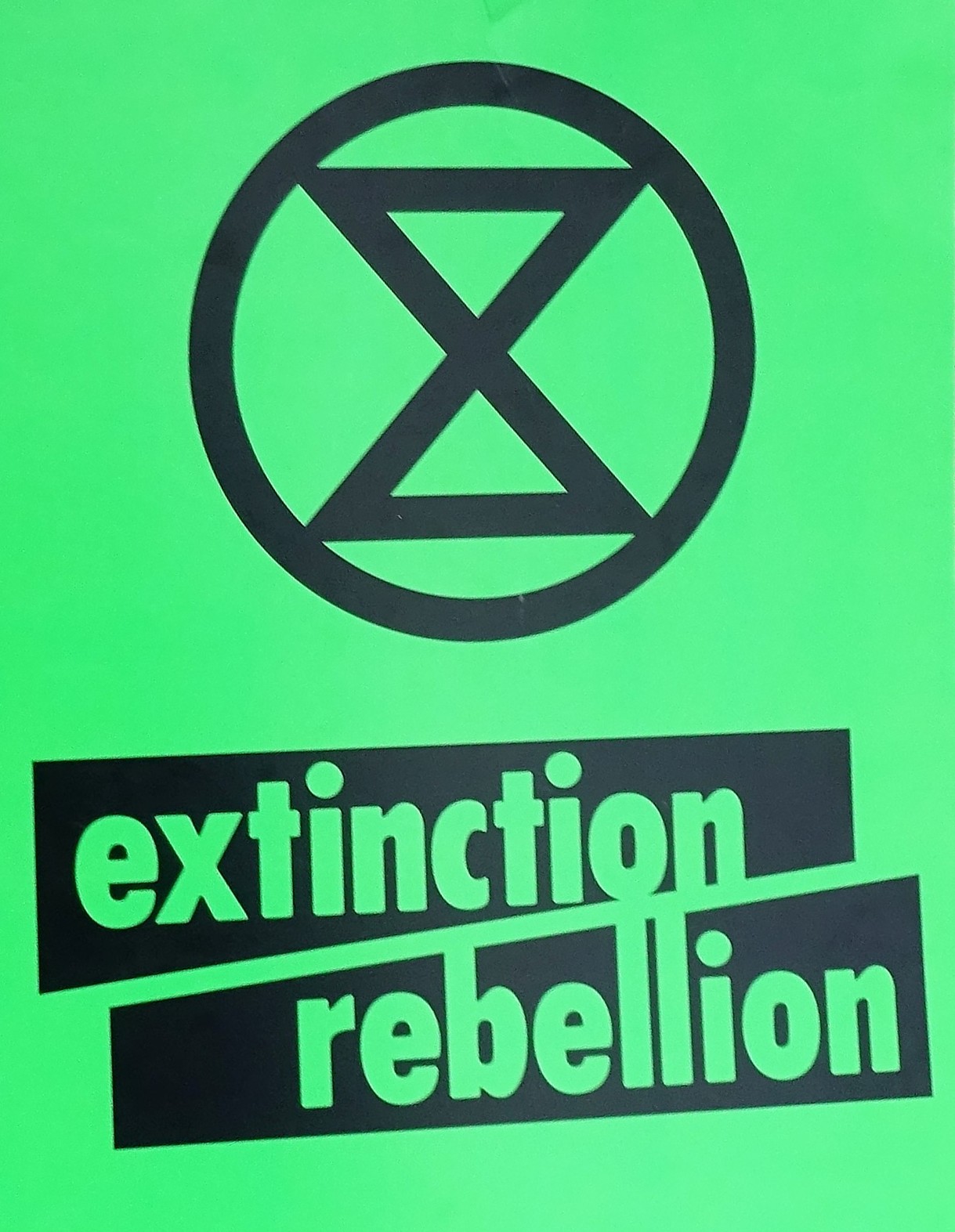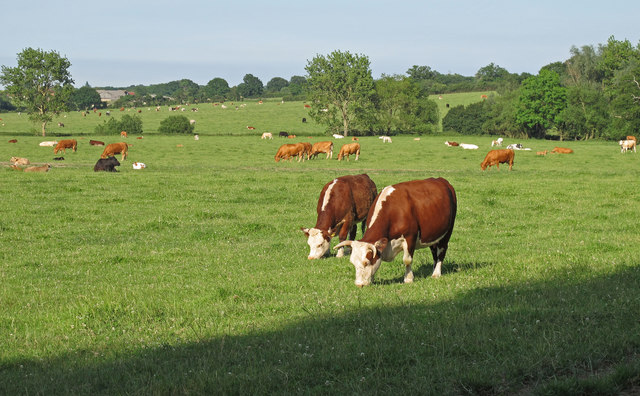A few months after environmental activism group Extinction Rebellion’s 10 day protest in London, the group is preparing for another protest in the city of Manchester. London’s protests saw the blocking of traffic and numerous tube stations, the obstruction of trains and the occupation of the capital’s financial district, prompting 1,100 arrests. The group laid out a series of climate-focused demands, asking the UK to reduce carbon emissions to net zero by 2025 and to consider consultations from a proposed citizen’s assembly on climate action.
The Manchester protest is planned to begin on Friday, 30 August, lasting the weekend until the evening of Monday 2 September. Protesters will occupy Deansgate, Manchester city centre’s longest road. The area around this road has been reported to have illegal levels of air pollution, making it a topical location for the protest. Music and activities are planned, as well as makeshift camping and pop-up vegan food services. Taking a note from the London protests, Extinction Rebellion Manchester will transport a boat to the city centre. This is meant as a symbol of solidarity with climate refugees, as the group predicts the number of people displaced by climate disasters to rise drastically if action to prevent such disasters is not taken. Protesters are invited to fill the boat with aid for refugees, items which will be given to the charity Care4Calais to be distributed to child refugees in northern France. Blankets and sleeping bags are the primary items requested, followed by clothes and food that can be easily preserved. The protest will feature talks from experts like Professor Julia Steinberger, a co-author of the UN climate change report.
This protest coincides with controversial decisions from Manchester’s city council to open a large car park near a primary school and to remove cycle lanes from one of the city’s main roads. The council has also been engaged in plans to increase traffic through Manchester airport. Detractors point to the fact that 10 of Greater Manchester’s councils own large stakes in the airport, and claim that the council has been disingenuous in its insistence that climate change is a priority for the city. Nigel Murphy, deputy leader of Manchester City Council has referenced statistics which show a 48.1 per cent drop in carbon emissions over the past decade, but has admitted that “the council and the city can and must do more”.
Latest News
-
Premier League and Comic Relief partnership aims to improve children’s mental health
-
Russell Hobbs launches food poverty campaign in schools
-
Tottenham Hotspur and charities launch film to tackle mental health stigma
-
Cardfactory funds homelessness charity’s team of psychologists
-
Bingo firm raises £300,000 for the Stroke Association
-
Sainsbury’s links up with Comic Relief for festive recipe campaign
© 2019 Perspective Publishing Privacy & Cookies







Recent Stories